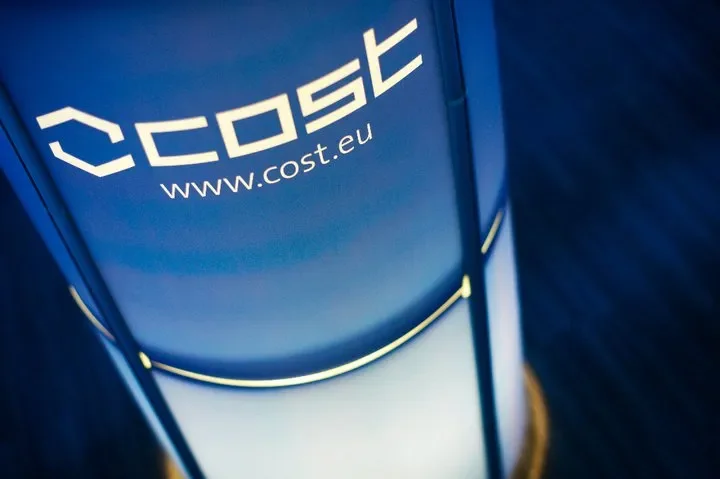

DCU to host European event on future mobile wireless networks
On January 16th-18th 2019, DCU's All Hallows Campus will host a meeting of COST Action CA15104: Inclusive Radio Communication Networks for 5G and beyond (IRACON).
The event is being organised by Dr. Conor Brennan from DCU's School of Electronic Engineering. IRACON is a European network of researchers, and is funded by the European Commission through European Cooperation in Science and Technology (COST).
The Action focuses on future mobile wireless networks and aims to develop technologies for wireless connectivity at any rates, for any communicating units and in any type of scenario. Particular focus is given to important targeted applications such as wireless for the Internet of Things (IoT), and using wireless to locate users and devices indoors (where GPS fails). The Action meets three times per year most recently in Podgorica (Montenegro), Cartagena (Spain) and Nicosia (Cyprus).
Dr. Brennan said “COST Actions are a great way to get know research, and researchers, within Europe. The meetings offer a chance to informally share ideas and foster collaborative research. This particular Action has its origins back in the 1990s and has been very influential in developing models and techniques widely used in the wireless communications revolution that has taken place since then.”
The registration deadline is December 17th and anyone interested in attending can register here.
About Dr. Conor Brennan
Dr. Conor Brennan is an Associate Professor in the School of Electronic Engineering. He is one of two Irish representatives on the COST Action CA15104 Management Committee. He can be contacted at conor.brennan@dcu.ie.
About COST
European Cooperation in Science and Technology (COST) provides funding for the creation of research networks, called COST Actions. These networks offer an open space for collaboration among scientists across Europe (and beyond), thereby giving impetus to research advancements and innovation.
COST is bottom up initiative, researchers can create a network based on their own research interests and ideas.
Since 1971, COST receives EU funding under the various research and innovation framework programmes.
